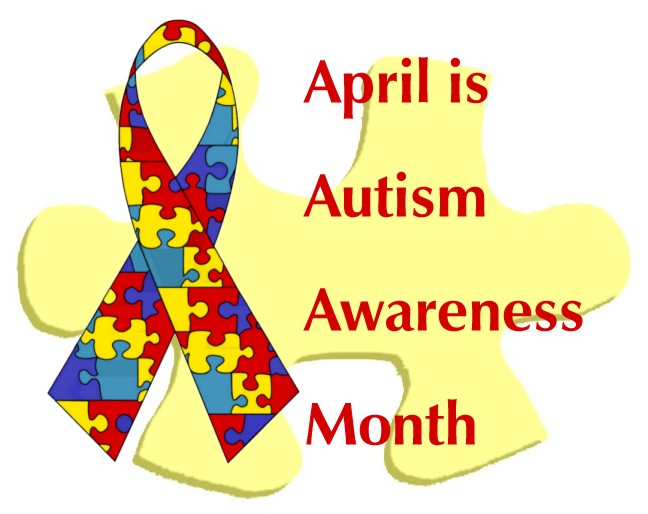 Autism is the fastest-growing serious developmental disability in the United States, affecting 1 in every 88 children and 1 in 54 males, according to Autism Speaks. It is the most common, severe condition in the Autism Spectrum Disorder, a range of developmental disorders that affect communication, social interaction and sensory skills.
Autism is the fastest-growing serious developmental disability in the United States, affecting 1 in every 88 children and 1 in 54 males, according to Autism Speaks. It is the most common, severe condition in the Autism Spectrum Disorder, a range of developmental disorders that affect communication, social interaction and sensory skills.
Autism shows no respecter of persons – no racial, ethnic, financial, education or social boundaries – except being 5 times more prevalent in boys than girls. About half the autistic population is non-verbal and up to 80% intellectually challenged. A few are gifted with incredible artistic, mathematical or technical abilities.
Although many organizations offer support and information, there is currently no known cure, explanation or cause for autism. However, there are structured therapies and programs which can teach skills and lessen symptoms.
Vision therapy with a developmental optometrist is an excellent option, particularly because many autistic symptoms can be attributed to visual issues, including:
- Lack of eye contact
- Wandering eyes
- Staring at spinning objects or light
- Scanning or looking to the side of an object
- Inability to focus on an object or obsessive focusing
- Poor hand-eye coordination and motor skills
- Difficulty judging spatial relationships between self and objects
Autistic children can pass the 20/20 eye-chart examination because it only checks distance vision. Most autistic vision problems are near-vision skills and must be evaluated in a developmental vision exam. A developmental optometrist will analyze skills by having the autistic child wear glasses or prisms while performing simple activities such as sitting, walking, throwing or catching a ball.
There are documented cases – I have had two such patients myself – in which autism was the incorrect diagnosis. Undetected vision problems were creating and mimicking autistic symptoms and behavior. Following a proper diagnosis and vision therapy, these children now lead normal lives.
Even if the autism diagnosis is correct, vision therapy can improve symptoms and encourage social and communicative skills. Therapy would include games and activities using lenses, prisms, balls, and other objects to train the eyes to work more efficiently together. Performance lenses can also enhance vision skills.
Our goal would be to raise the quality of life for autistic individuals by improving:
- Eye contact
- Peripheral vision
- Focus and eye coordination for near-skills such as reading and schoolwork
- Motor skills for activities such as bicycle riding and sports
- Visual information processing for better comprehension of what is seen
- Organization and awareness of visual space and boundaries
- Reduce repetitive behavior associated with visual stimuli
If your child is autistic or exhibiting symptoms, please contact us for more information or to schedule an appointment. We’d love to help!